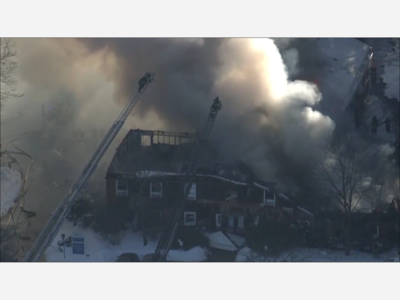Food Insecurity
Food Insecurity
by Joshua Dion
Food insecurity is a term that is rarely discussed, but it is a significant issue here at Nashua North. The United States Department of Agriculture (USDA) defines food insecurity as "the limited or uncertain availability of nutritionally adequate and safe foods, or limited or uncertain ability to acquire acceptable foods in socially acceptable ways.” More simply put, it is the lack of regular or consistent access to enough safe and nutritious food for normal growth and development.
Food insecurity is closely linked to issues like poverty, which often occurs from low wages or unemployment. According to the New Hampshire Fiscal Policy Institute, Nashua’s poverty level is approximately 7.97%, which is below the national average of 12.6%. If we apply this percentage to the number of students at Nashua North, which is about 1,653, we estimate that around 207 students might experience food insecurity daily. Is this a confirmed fact or knowledge? The answer is ultimately no. We don’t exactly know who is dealing with these issues and who is not, because just like talking about poverty or mental health, people see food insecurity as something negative and don’t ask for help.
At North, we offer several ways to combat food insecurity. One key resource is Kallie Provencher, a social worker whose primary role is to provide mental health support to students in need but also manages our school’s food pantry. This pantry is stocked primarily through the Manchester food bank and donations from community resources like the Nashua Soup Kitchen, which provides frozen meals for students who miss lunch or need additional food.
Despite the large size of our school, only 13 families currently use these resources provided at North. According to Provencher, many people feel “uncomfortable using the resource” due to the stigma associated with food insecurity. She notes, "There's a lot of stigma with food insecurity that holds people back.”
Addressing food insecurity at North is crucial because it can significantly impact a student's life. To raise awareness, we could create a resource page on the North website, start conversations to normalize the issue, as well as possibly develop a handbook that highlights available resources for students and their families.









